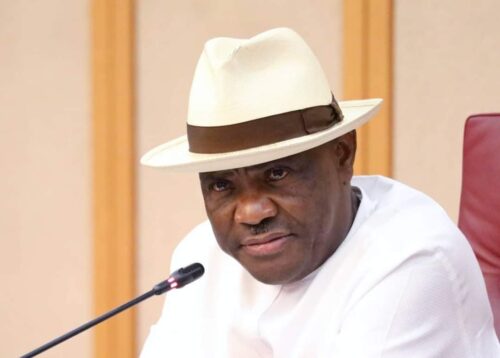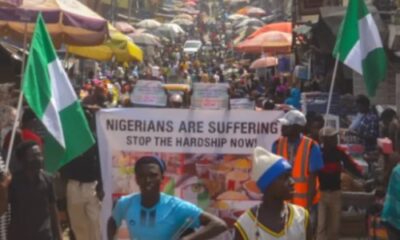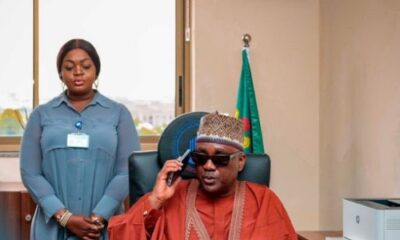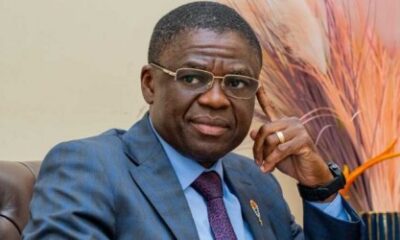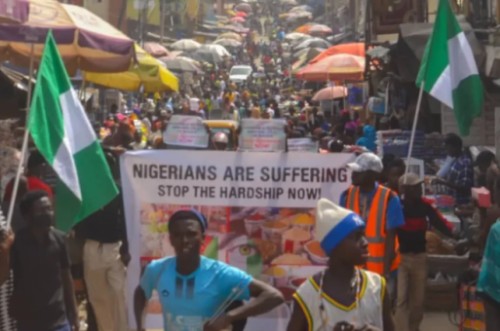Rivers State Governor, Nyesom Wike has charged the recently elected National Assembly members in the state not to pledge loyalty to the Peoples Democratic Party National Working Committee, when inaugurated.
Wike said the party’s leadership did not contribute to the success of their elections, therefore, the lawmakers must only be concerned about the unity of the country and the interest of Rivers State.
Governor Wike stated this when the House of Representatives members-elect on the platform of the PDP visited him to present their certificates of return.
The governor said he is optimistic that the PDP in the state will perform well in the next election as it did in the February 25 polls, even as more groups endorse the party for the March 18 election.
Wike’s comments come few hours after he took aim at the campaign team of the Peoples Democratic Party (PDP) presidential candidate, Atiku Abubakar, over their protest of the outcome of the February 25 poll.
Atiku came second in the keenly contested presidential election, polling 6,984,520 votes, while the winner Bola Tinubu of the All Progressives Congress (APC) got 8,794,726 votes.
On Monday, the former Vice President led a “black uniform” protest to the national headquarters of the Independent National Electoral Commission (INEC) in Abuja that also included the PDP National Chairman, Iyorchia Ayu; and Atiku’s running mate, Ifeanyi Okowa.
Following INEC’s declaration of Tinubu as the President-elect last Thursday, Atiku slammed the conduct of the elections, saying the umpire’s inability to upload results on the INEC Results Viewing Portal (IReV) is a “rape of democracy”.
But Wike mocked the PDP leaders while speaking at the commissioning of Igwuruta internal roads in the Ikwerre Local Government Area (LGA) of Rivers State.
“I won three of the Senate seats – three over three. Ask them, did they win three over three? You cannot win!” the governor said.
“I told them; they said they would conspire against me. Those who said they’ll conspire against me are those wearing black. I am wearing white and they’re wearing black.”
Wike, who is a member of the G5, the group of five aggrieved PDP governors who abstained from campaigning for Atiku on the grounds that his candidacy allegedly violated the party’s constitution.
In the build-up to the presidential election, the rift between the G5, a group of five aggrieved PDP governors, including Wike, and the party’s national leadership proved irreconcilable.
Unequivocal about the presidential seat returning to the South, the governor is widely believed to have spearheaded the APC’s unprecedented win in Rivers.
He however denies being involved in any anti-party activity, saying he fought for the unity of the country.
To him, the alleged anti-party actions belong to “them at the national level in PDP”.
Wike pondered what could be “more anti-party” than party members abandoning the provisions of their constitution that talk about zoning of elective and appointive offices.
“[Between] you that refused to obey the constitution of your party because of impunity, because you think you have the number, you refused to obey the provisions of the constitution of your party, and we that say Nigeria must be one, Nigeria must be united, Nigeria must work for our people, [and] let everybody have hope, who committed anti-party [activities]? They are the ones who committed anti-party [misconduct],” he said.
On the fallout of the election, Wike assured PDP supporters the first phase of “the war” is over, adding that the second phase is about to begin.
“The second phase of the war: We must chase out the buccaneers and vampires. We are going to chase them out of the party and take our party and rebuild our party,” he said.
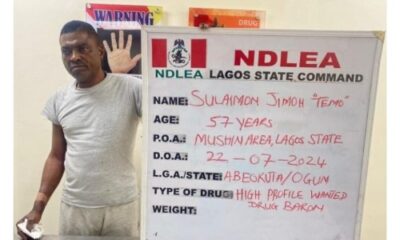
 BIG STORY3 days ago
BIG STORY3 days ago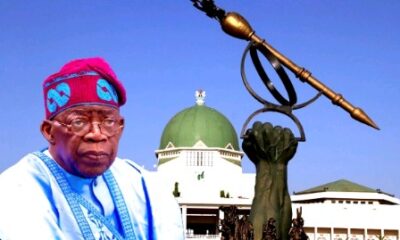
 BIG STORY4 days ago
BIG STORY4 days ago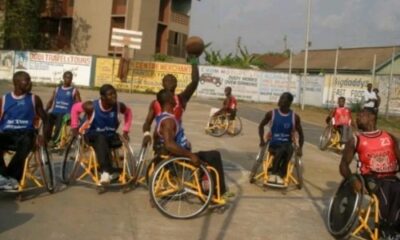
 BIG STORY5 days ago
BIG STORY5 days ago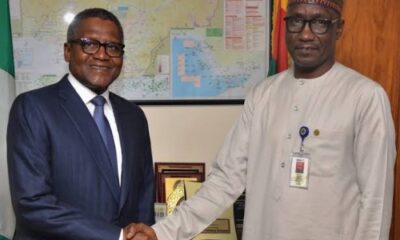
 BIG STORY4 days ago
BIG STORY4 days ago
 BIG STORY4 days ago
BIG STORY4 days ago
 BIG STORY13 hours ago
BIG STORY13 hours ago
 BIG STORY4 days ago
BIG STORY4 days ago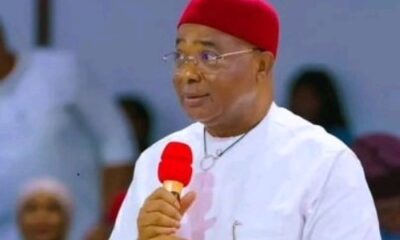
 BIG STORY2 days ago
BIG STORY2 days ago



